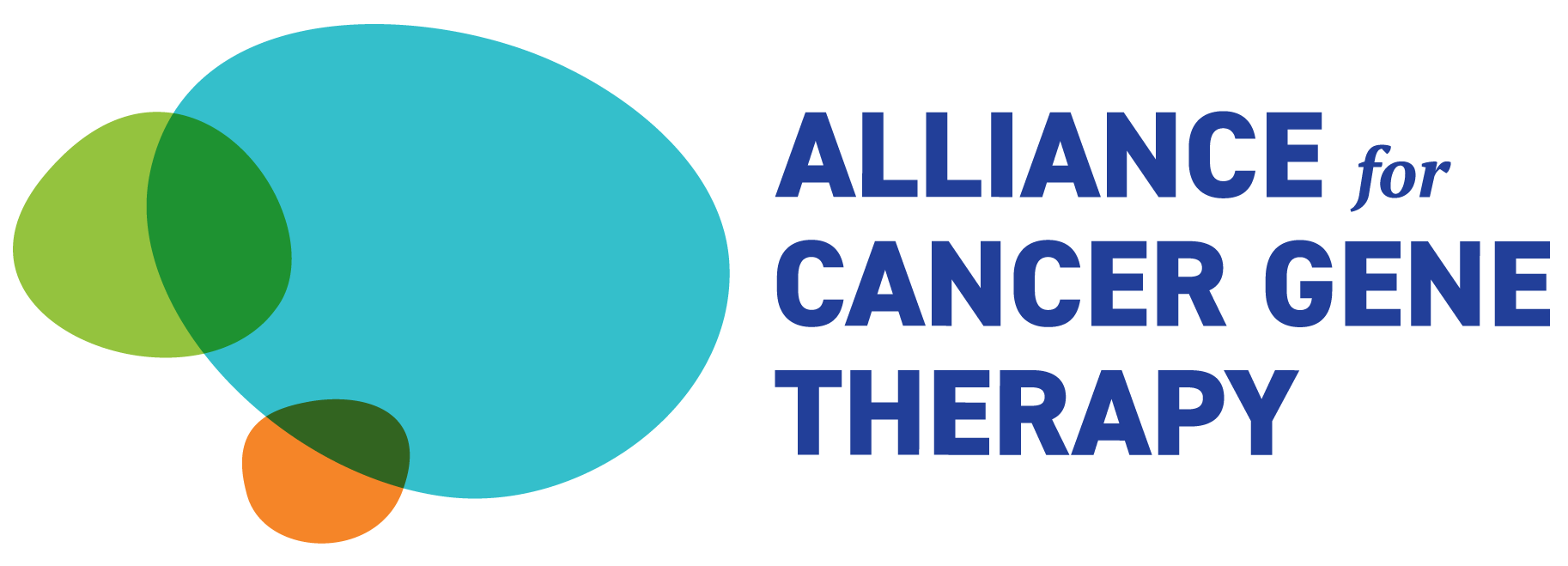Click here to see the application timeline with additional details. Instructions for completing the application are available through the proposalCENTRAL website.
Next ACGT Grant to Focus on Cell and Gene Therapy for Pancreatic Cancer

The invitation-only annual scientific summit, held on March 29, in New York City, brought together top scientists in cancer cell and gene therapy.
During the ACGT Summit 2024 in March, Alliance for Cancer Gene Therapy announced the next research grant –
Pancreatic cancer takes the lives of nearly 52,000 people in the United States each year. In 2011, ACGT Co-Founder Edward Netter died of this cancer, which is predicted to become the second leading cause of cancer-related death worldwide by 2030.
The ACGT Edward Netter Memorial Investigator Award in Cell and Gene Therapy Research for Pancreatic Cancer will be a $500,000 grant. It is designed to stimulate research and clinical progress in advancing
During ACGT Summit 2024, three scientists discussed the challenges of treating pancreatic cancer during a panel. These challenges include comorbidities such as diabetes and weight loss.
“It’s an extraordinarily complex disease and that’s an understatement,” said Eileen O’Reilly, MD (Memorial Sloan Kettering Cancer Center). “Most patients have metastatic disease already. We don’t have good early detection, and we don’t have a lot of early warnings for this disease. When this disease manifests, it’s also not just one problem.”
ACGT is accepting applications for The ACGT – Edward Netter Memorial Investigator Award in Cell and Gene Therapy for Pancreatic Cancer Research.
Application Timeline
- Abstract Deadline: June 1, 2024 at 11:00 AM EST (Step 1)
- Invitation to Submit Application: July 15, 2024
- Deadline for Completed Application: September 15, 2024 at 11:00 AM EST (Step 2)
- Finalists Selected: November 15, 2024
- Award: December 2024
Date of Issue: April 15, 2024
Research Objectives
Pancreatic cancer is an aggressive disease that is predicted to become the second leading cause of cancer-related death worldwide by 2030. The overall 5-year survival rate is approximately 10%. Pancreatic cancer typically presents late with locally advanced or metastatic disease, and there are limited effective treatments available.
This award is for those conducting cell and gene therapy research specifically in pancreatic cancer including, but not limited to, the following areas:
- Reversing the immunosuppressive microenvironment characteristic of pancreatic cancer to achieve a robust immune response utilizing cell or gene therapies targeting neuronal populations, myeloid cells, or immunosuppressive lymphoid cells.
- Resolving key challenges limiting cell trafficking and infiltration including antigen presentation defects, tumor heterogeneity and genomic instability, and tumor micro-environment factors.
- Approaches that focus on myeloid cells, cancer-associated fibroblast populations, regulatory T-cells, or relevant immune effectors.
- Synthetic engineering approaches enabling delivery of T cells into immune-excluded pancreatic tumors to enhance T-cell therapies.
- Advancements in CAR or CAR T design including armored CARs, inclusion of chemokine and cytokines, costimulatory domains, multi-antigen targeting, etc.
- Novel approaches using less commonly tested immune cell types including transfection with tumorspecific T-Cell Receptors, Gamma-Delta T cells, Tumor Infiltrating Lymphocytes, Natural Killer cells, iPSC-derived cells, as autologous or allogeneic cells.
- Combination approaches that leverage cell and gene therapy alongside other immunotherapy approaches such as checkpoint inhibitors, systemic cytokines, or bispecific antibodies.
Eligibility Requirements
Candidates for the ACGT – Edward Netter Memorial Investigator Award in Cell and Gene Therapy for Pancreatic Cancer Research must hold an MD, PhD, or equivalent degree and must be tenure-track or tenured faculty.
ACGT will also consider applications from investigators who are working with biotechnology companies to advance clinical assets for pancreatic cancer. The biotech company must have a formal relationship to work on the proposed project with an academic investigator at an accredited school.
ACGT recognizes that there may be other excellent researchers not on a tenure-track, or not at medical schools or research centers, but this is an eligibility requirement for application. The investigator must be conducting original research as an independent faculty member. ACGT has no citizenship restrictions; however, research supported by the award must be conducted at academic medical centers or research centers located in the United States or Canada.
Newsletter
Stay at the forefront of cutting-edge science with CGT—your direct line to expert insights, breakthrough data, and real-time coverage of the latest advancements in cell and gene therapy.
















